Blog
Understanding Chapter 13 Bankruptcy and Taxes
Chapter 13 bankruptcy offers individuals a way to reorganize their finances under the protection of the bankruptcy court. Unlike Chapter 7, which liquidates assets to clear debts, Chapter 13 allows for a repayment plan over three to five years. This type of bankruptcy is particularly beneficial if you need time to catch up on secured debts, like a mortgage, or even certain taxes.
Which Taxes Can Be Included?
Not all tax liabilities are eligible for discharge in Chapter 13. Generally, income taxes that are at least three years old and meet specific criteria may be included in the repayment plan. However, other taxes, such as payroll taxes or recent income taxes, typically cannot be discharged. Understanding which of your tax debts qualify for a Chapter 13 plan is crucial and requires careful evaluation of your financial records and tax history.
Creating a Repayment Plan
One of the requirements of a Chapter 13 bankruptcy is creating a feasible repayment plan that the court must approve. This plan will include your tax liabilities that can be addressed through bankruptcy. It's essential to propose a plan that demonstrates your ability to consistently make payments, as your repayment plan must be realistic and sustainable with your income.
Benefits of Managing Taxes in Bankruptcy
Filing for Chapter 13 can provide some relief and benefits when it comes to managing tax debt. Firstly, upon filing for bankruptcy, an automatic stay is enacted, preventing the IRS from pursuing collections as long as the bankruptcy is in effect. Moreover, the structured repayment plan can prevent additional penalties and interest, potentially reducing the total amount owed over time.
Consulting with a Professional
Navigating taxes in Chapter 13 bankruptcy can be complex, so it is advisable to work closely with a bankruptcy attorney or a tax professional. They can provide guidance tailored to your situation and ensure that your repayment plan complies with legal requirements. This professional guidance is invaluable in making informed decisions that align with both bankruptcy law and your financial wellbeing.
Chapter 13 bankruptcy can be an effective tool for regaining financial stability, particularly for those who have accumulated unmanageable tax debts alongside other financial obligations. With the right approach and expert assistance, you can move towards a more stable financial future.

